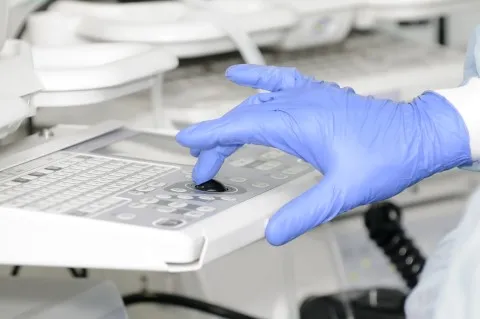
UAE healthcare provider Aster pioneers Asia's new liver transplant technique in India
The new technology enables a liver to be kept alive outside of the human body.
Dubai-headquartered Aster DM Healthcare has performed Asia’s first liver transplant using Normothermic Machine Perfusion in the Aster CMI Hospital in Bangalore, reports Trade Arabia.
Using OrganOx Metra device technology, physicians are able to keep the liver alive even outside of the body for up to 24 hours by maintaining it at body temperature.
The new device has created a system enabling blood circulation through the liver. When the organ is in the device that mimics the body, doctors are able to monitor the blood flow and better evaluate how it might work in a patient through an evaluation of the organ’s health.
“Aster CMI has become the first hospital in India and the wider Asia region to use the perfusion technique as part of its standard clinical practice which allows physicians to test how well a liver is functioning before a transplant, boosting the chances that the procedure will be a success,” Aster was quoted in TA.
Livers are usually stored in ice and preservation solution which is then housed in a box that could be kept for up to 14 hours before transplant. However, conditions might sometimes prove less than ideal for some organs that show signs of deterioration which then pushes down the success rate of the liver transplant.
“The introduction of normothermic machine will change the way we preserve organs and allow us to check the functionality of organs before transplantation. Also, organs which are donated in far off parts of the country can now be transported to transplant centres and utilised safely,” Dr Sonal Asthana, senior hepatobiliary and transplant Surgeon at Aster CMI Hospital told TA.
A 53-year old patient named Ashwath, who was suffering from end-stage liver disease, was the recipient of the liver transplant.
Dr Rajiv Lochan, senior consultant, hepato-pancreato-biliary & transplant surgery, Aster CMI Hospital, said: “In Ashwath’s case, it was important to reduce the preservation time to a minimum as he had previous operations on his abdomen, that would have resulted in a long operation time to remove the old liver and the liver graft could have deteriorated while being preserved in cold preservation fluid, which is the currently practiced traditional method of organ preservation.
“This new technology of machine perfusion is exciting and will indeed change the Liver transplantation landscape not only in India but across the world,” he added.
The move comes as a welcome development in India where there is a demand-supply imbalance for organ transplants. The success rate of such surgery is also low in India compared to developed Western nations.

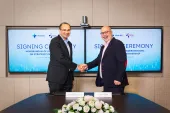

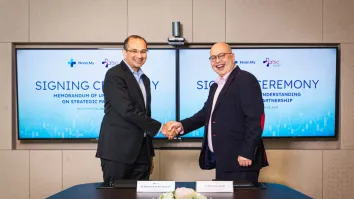
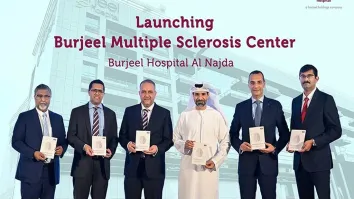
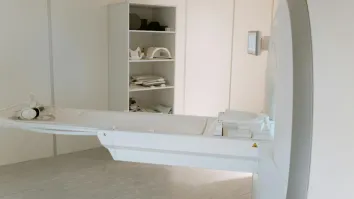



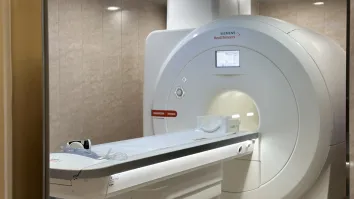









 Advertise
Advertise






